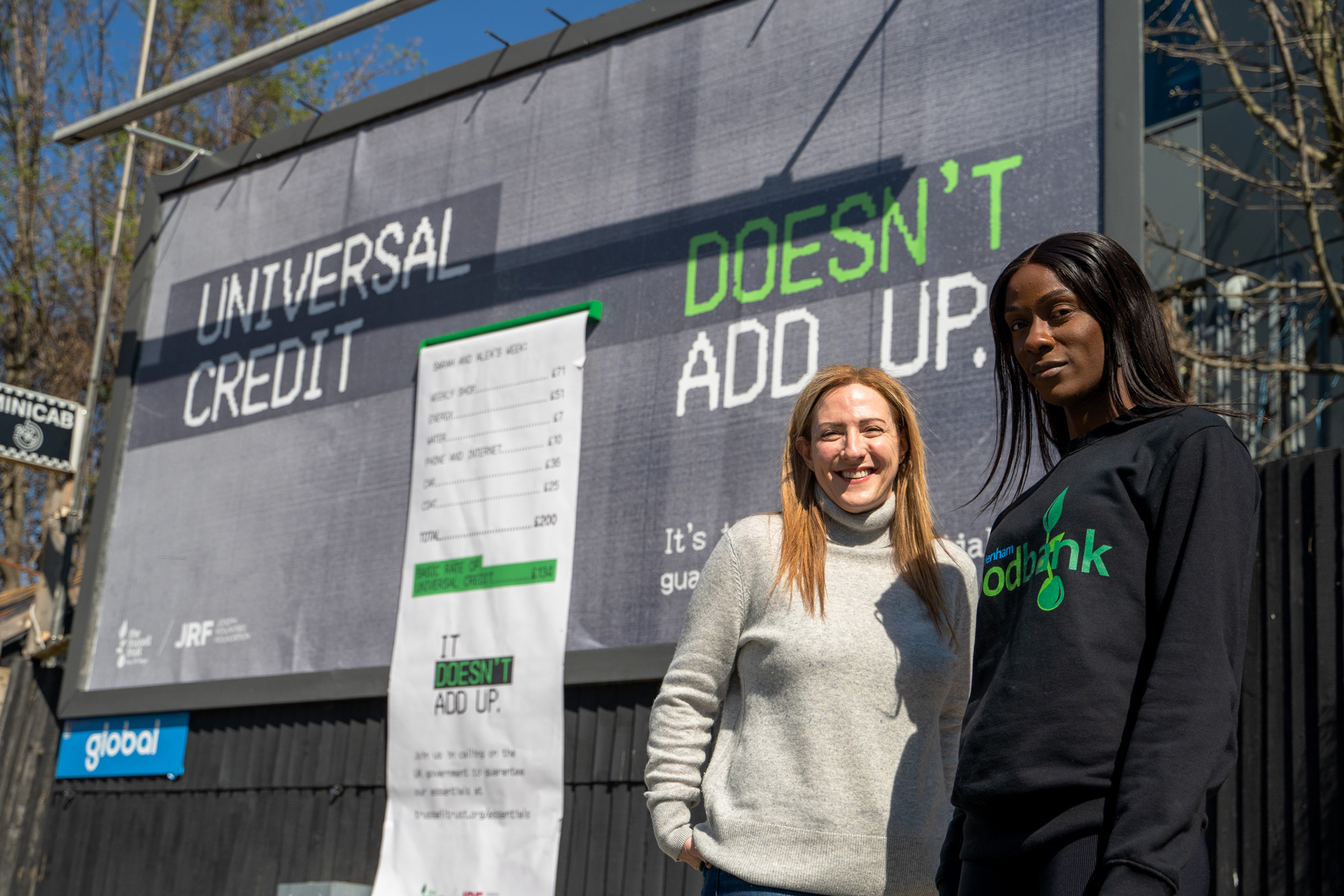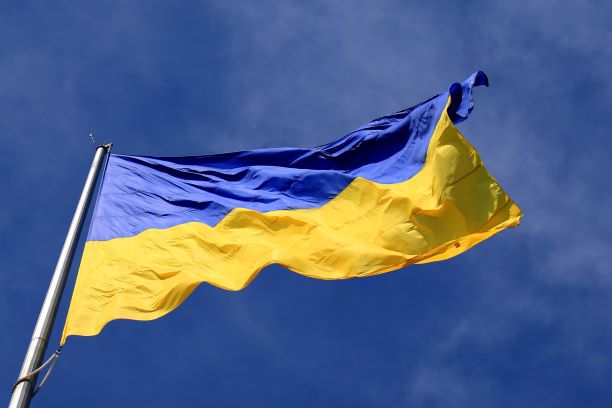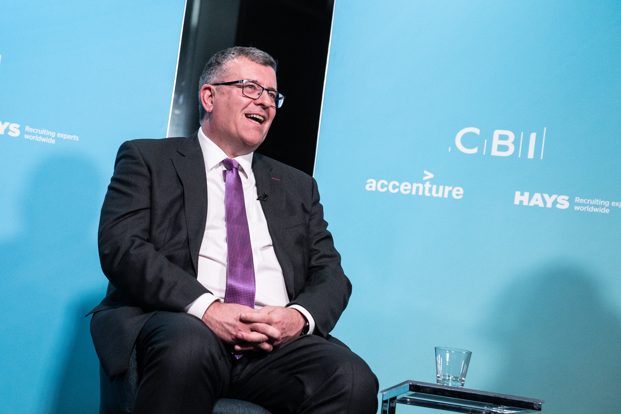At just after midnight on 1 January 1985 in Parliament Square, London, Michael Harrison made the UK’s first mobile phone call over Vodafone’s cellular network.
He called his father Sir Ernest Harrison, Vodafone’s founder and first chairman, and said: “Happy New Year dad, it’s Mike here. This is the first call ever made on a UK cellular network.”
And history was made – just one of many firsts for Vodafone.
Recalling the momentous day, Mike said:
“The network was real and the future had arrived.”
The phone he used then – the Vodafone Transportable VT1 – was the size of a car battery and nearly as heavy, and mobile phones were primarily envisaged as being car-based tools for travelling sales people.
This spoof ad for the VT1 shows just how much mobile phone design has advanced over the last 35 years
Margaret Thatcher was the British prime minister and Ronald Reagan was president across the Pond. Hairstyles involved industrial quantities of hairspray and Band Aid’s “Do They Know It’s Christmas?” was number one in the UK pop charts.
People used to communicate by writing letters, sending faxes, or chatting via fixed line telephones. Apparently they even spoke to one another. It was a year that saw the introduction of compact discs (CDs) to replace tapes – music streaming was the stuff of science fiction – and the first commercial internet domain name registration. The Berlin Wall seemed as permanent as ever.

Credits: Shutterstock
So much has changed over the last 35 years. Now, internet connectivity is practically taken for granted and our phones are slim, powerful rectangles of magic, capable of audio, video, text, photo and location tracking. And there are more than five billion unique mobile subscribers around the world.
We are more connected than ever and the world has dematerialised – streaming has replaced physical tape cassettes, videos, CDs and DVDs. We live in a world of entertainment on demand. Could Sir Ernest have ever imagined that his company would one day send the UK’s first holographic call over a 5G network?
When that first UK mobile phone call was made 35 years ago, the Vodafone brand had only just been born. And a week later, on 7 January 1985, a certain Lewis Hamilton entered the world. This boy from Stevenage would grow up to become a peerless racing driver, winning the Formula 1 world championship six times…and a Vodafone ambassador.
A history of firsts1985: First mobile phone call over a UK cellular network. 1991: Vodafone and Telecom Finland make first international roaming call. 1992: Vodafone and Telecom Finland sign world’s first international GSM roaming agreement. 1992: World’s first text message sent by software engineer Neil Papworth to Vodafone director Richard Jarvis: “Merry Christmas” it said. 1994: Vodata the first network operator in the UK to launch data, fax and text messaging services over the digital network. 1996: Vodafone first network operator in the UK to launch a Pay Monthly analogue package. 2001: First 3G voice call made over Vodafone’s 3G network. 2001: Vodafone first network operator to offer roaming to Pay Monthly customers. 2002: Vodafone launches first European GPRS roaming service. 2008: Vodafone exclusively sells the first ever touchscreen Blackberry smartphone. 2016: First UK telecoms company to abolish line rental for broadband. 2017: First UK operator to abolish roaming charges across 50 European destinations. 2018: Vodafone makes world’s first holographic call over 5G network. |
As 2020 dawns, Vodafone UK is pressing ahead with its programme of innovation: rolling out its 5G network to nearly 50 towns and cities by the end of March; expanding its internet of things business; and working hard with the other network operators to provide a 4G signal to more of the UK landmass through the Shared Rural Network.
Climate change is high on the agenda, so the company is accelerating its plans to reduce carbon emissions by 50% and source 100% of its electricity from renewables by 2025.
Much has changed, but Vodafone remains as committed as ever to innovating and connecting the world for a brighter digital future.




